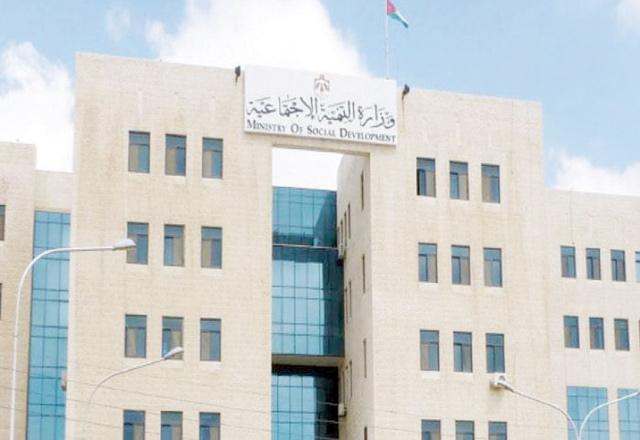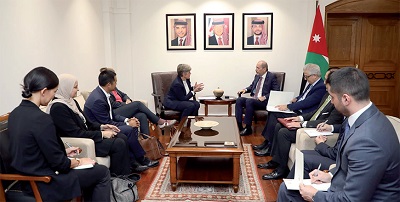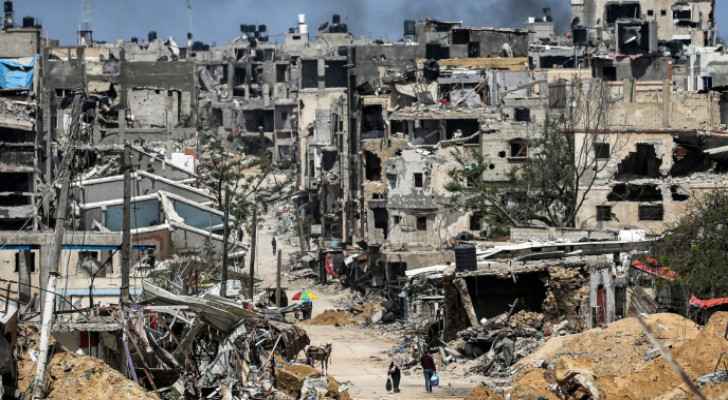Social Development Ministry integrated 252 children into alternative families — report

The Jordan Times
AMMAN — A study launched by the Ministry of Social Development and UNICEF on Sunday revealed that the ministry, since the launch of the alternative family care programme in 2012, has succeeded in integrating about 252 children into alternative families in Amman, Zarqa and Irbid.
The study, titled "Expanding the scope of alternative care for those who have lost the family bond — estimating costs and presenting options for expansion of social and economic benefits", indicated that children are still placed mainly in shelters, and there can be about 800 to 1,200 children in shelters at any given time.
The study included estimating the real cost of providing care services for children who lack family care in Jordan, in addition to providing recommendations on promoting inclusion in family environments and the quality of support provided, the Jordan News Agency, Petra, reported.
The study showed obtaining long-term benefits from alternative family care compared with staying in shelters, with better outcomes in all areas of child development including education and health, reduced contact with the criminal system, improved well-being, and more efficiency associated with expanding foster care.
The study recommended the development of a unified system for registering cases, providing an administrative database at the national level, and national administrative data that facilitate continuous monitoring and analysis of short- and long-term outputs, which can be linked or attributed to various types of integration and care.
The study also recommended building the necessary infrastructure to strengthen the alternative family care system to abolish excessive dependence or resort to care institutions, thus expanding the scope of alternative family care, and making amendments to the current alternative family care system and related alternative family care practices to support children and their alternative caregivers.
The amendments should include an accreditation system for alternative families and specialists, establishing mechanisms that enhance the stability of specialists without repeating their transfer to other units, facilitating the gathering of the expert workforce and building on the institutional memory related to it, to ensure the provision of high-quality alternative care, and the need to increase the official appropriation for the programme, which currently stands at JD100,000.
Latest News
 King orders holding parliamentary elections in accordance with law, checks on electoral commission’s preparations
King orders holding parliamentary elections in accordance with law, checks on electoral commission’s preparations- N. Macedonia starts elections that could decide stalled EU talks
 US Senate passes bill for aid to Israeli Occupation, Ukraine, Taiwan
US Senate passes bill for aid to Israeli Occupation, Ukraine, Taiwan Safadi discusses support to Syrian refugee with DRC
Safadi discusses support to Syrian refugee with DRC Israeli Occupation aggression on Gaza enters 200th day
Israeli Occupation aggression on Gaza enters 200th day
Most Read Articles
- Palestinian prime minister, Jordanian ambassador discuss humanitarian efforts in Palestine
- US president signs bill to provide new aid for Ukraine
- Prime minister directs government to support IEC ahead of upcoming elections
- Iran cuts Syria presence after strikes blamed on Israel —monitor
- US Supreme Court seems split on Idaho abortion ban
- Vaccines saved at least 154 million lives in 50 years — WHO
- Four dead as floods wreak havoc in Kenyan capital
- UAE announces $544m for repairs after record rains
- Germany nudges up growth forecast, ailing economy at 'turning point'
- Israel pummels Gaza after US Congress approves military aid